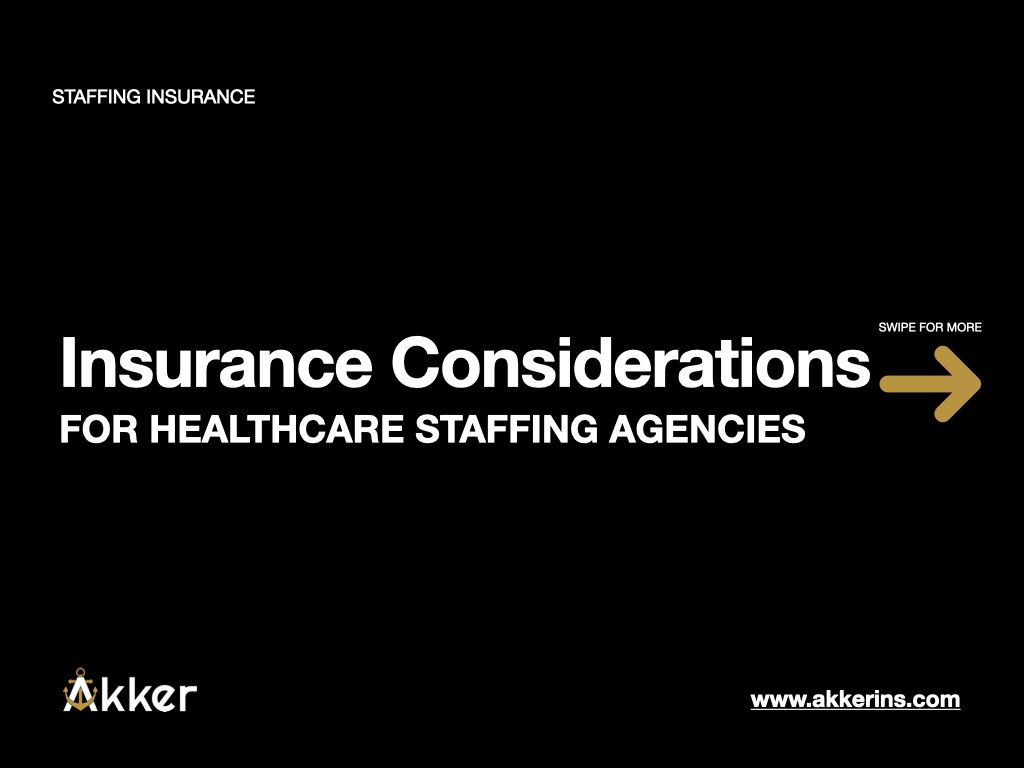PROFESSIONAL LIABILITY
The difference between Claims made vs Occurrence form.
In the competitive landscape of staffing companies, mitigating risks is paramount to ensuring sustainable growth and maintaining a stellar reputation. One essential aspect of risk management is securing the right type of professional liability insurance. Within the realm of liability coverage, two primary options stand out: occurrence form and claims-made form. In this blog, we'll delve into the differences between these two forms and shed light on why staffing companies that operate under a claims-made form should pay close attention to their retroactive dates and consider purchasing tail coverage when transitioning to an occurrence form.
Occurrence Form vs. Claims-Made Form: Understanding the Basics
Professional liability insurance, often referred to as errors and omissions (E&O) insurance, is designed to protect businesses from claims arising due to professional negligence, errors, or omissions in the services they provide. The fundamental distinction between occurrence and claims-made forms lies in how they cover incidents and claims that occur during different policy periods.
Occurrence Form:
The occurrence form provides coverage for incidents that happen during the policy period, regardless of when the claim is filed. If an incident occurs while the policy is active, coverage will apply even if the claim is reported after the policy has expired. This means that the coverage is based on when the incident occurred, making it relatively straightforward to determine what incidents are covered.
Claims-Made Form:
The claims-made form provides coverage for claims that are reported during the policy period. Unlike the occurrence form, coverage is tied to the date the claim is made, not the date when the incident occurred. This often requires "retroactive dates" to be set, which define the start date for the coverage of incidents that occurred before the policy's inception. Any claims arising from incidents that occurred before the retroactive date would not be covered unless tail coverage is in place.
Why Retroactive Dates Matter:
For staffing companies that operate under a claims-made form, the retroactive date is a critical factor. If your company switches from claims-made to occurrence form coverage, you need to pay close attention to the retroactive date. Claims arising from incidents that occurred before the retroactive date might not be covered by your new occurrence form policy. This coverage gap could potentially expose your business to significant financial risks.
The Importance of Tail Coverage:
Tail coverage, also known as extended reporting period coverage (ERP), bridges the gap between a claims-made policy and an occurrence policy. When switching from claims-made to occurrence form coverage, it's prudent to consider purchasing tail coverage. Tail coverage allows you to report claims for incidents that occurred before the retroactive date, even though they fall under your new occurrence form policy. Essentially, it extends the reporting window for claims that would otherwise be excluded under the new policy. While tail coverage comes at an additional cost, it offers invaluable protection against potential future claims stemming from past incidents.
Professional liability insurance is an indispensable tool for safeguarding staffing companies against the complexities of today's business landscape. Understanding the distinction between occurrence and claims-made forms is crucial when selecting the appropriate coverage for your business. For staffing companies transitioning from claims-made to occurrence form coverage, the retroactive date and the consideration of tail coverage are of paramount importance. By staying informed and making the right choices, you can ensure that your company is well-prepared to navigate potential liabilities and maintain a strong foundation for growth.
Remember, when it comes to insurance, informed decisions today lead to secure tomorrows.
#staffing #staffinginsurance #staffingprofessionalliability #staffingworkerscompensation




